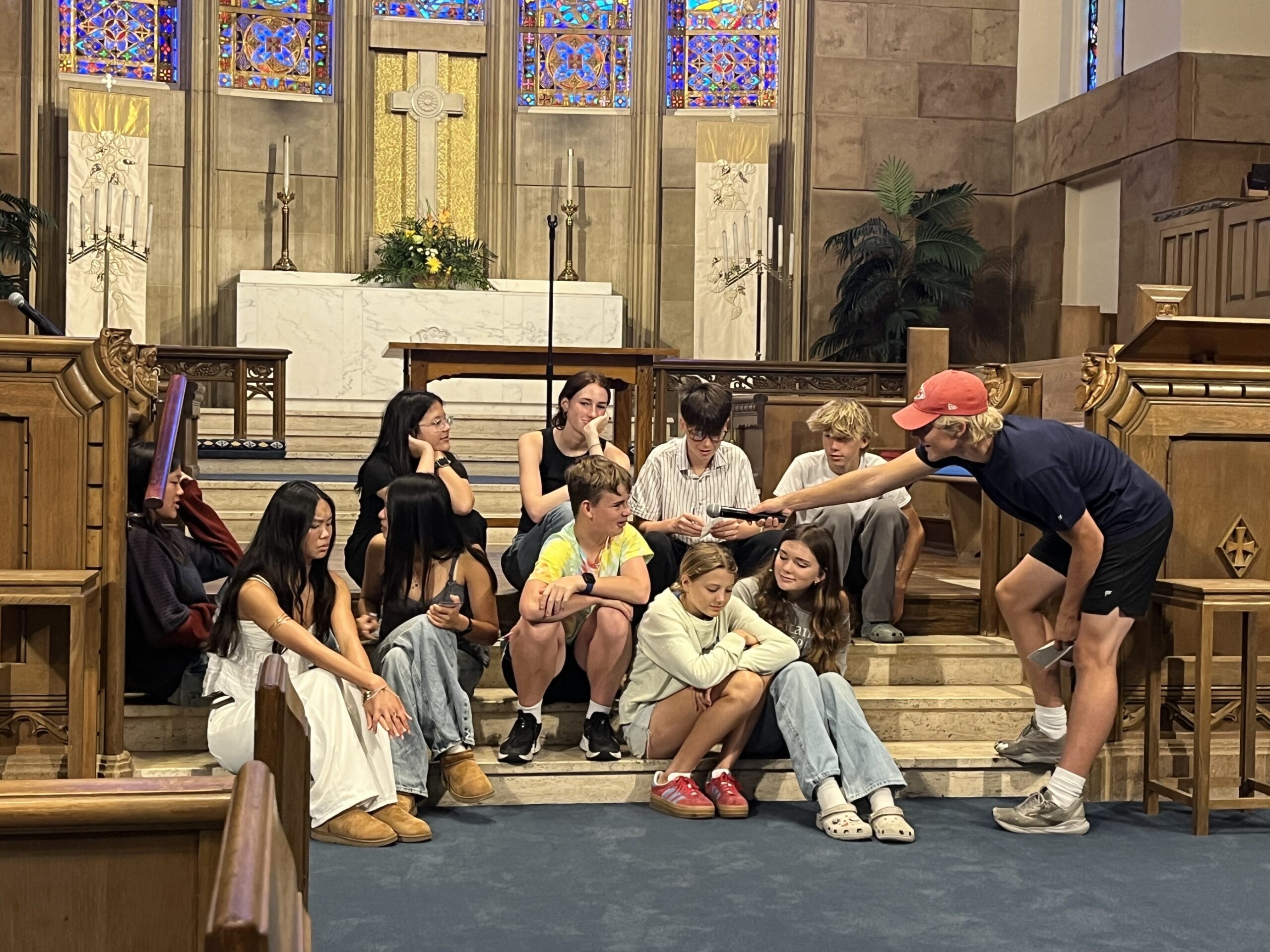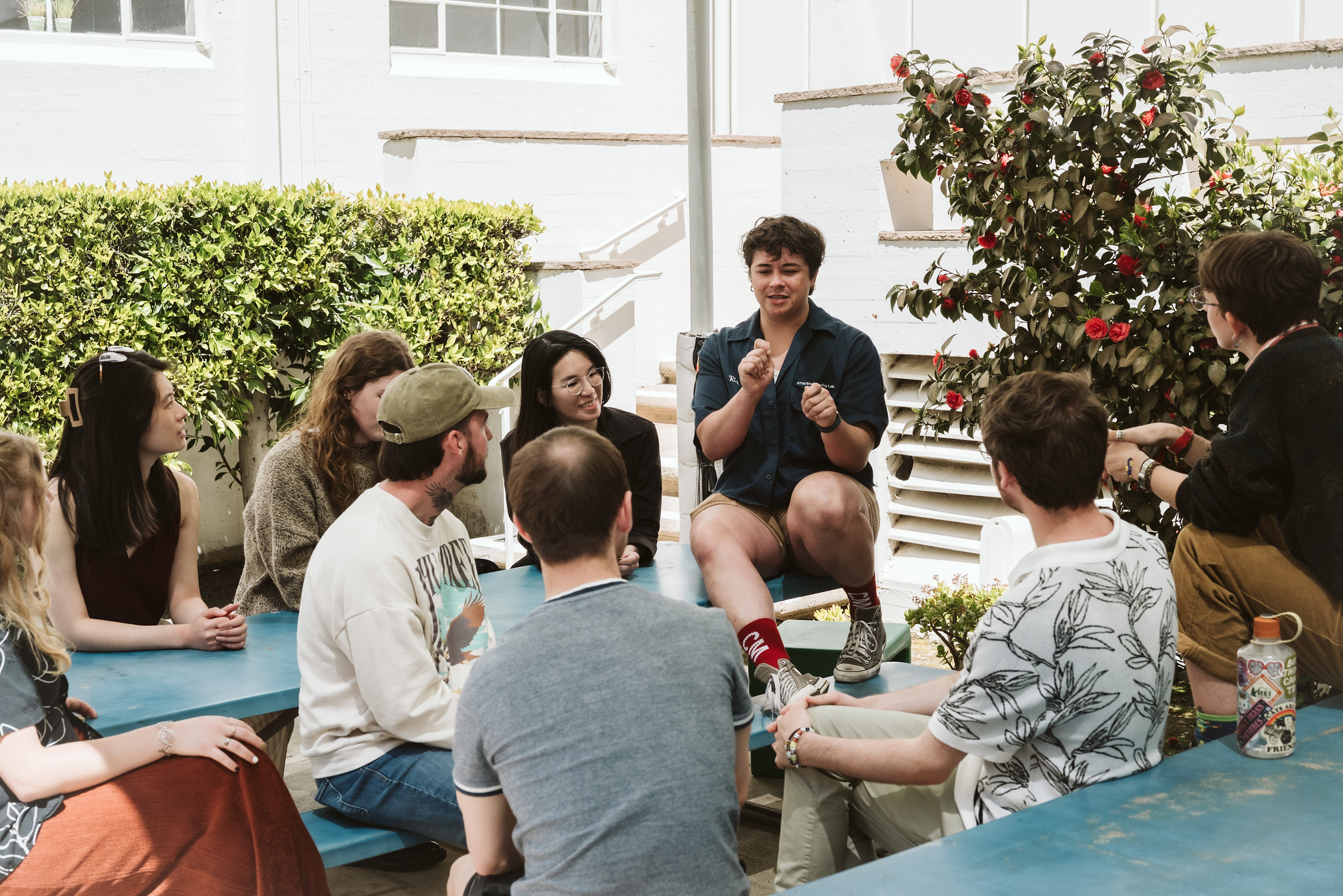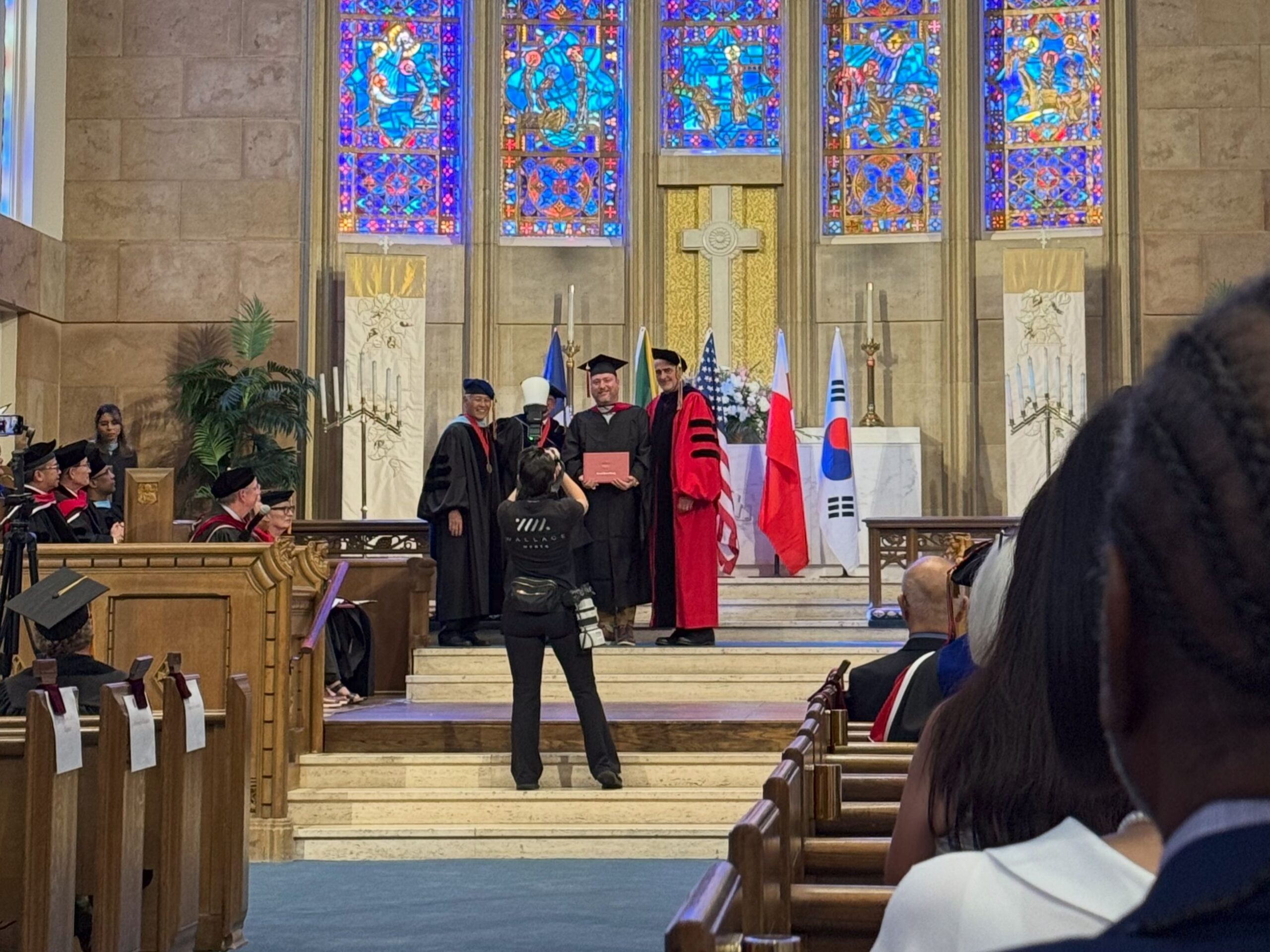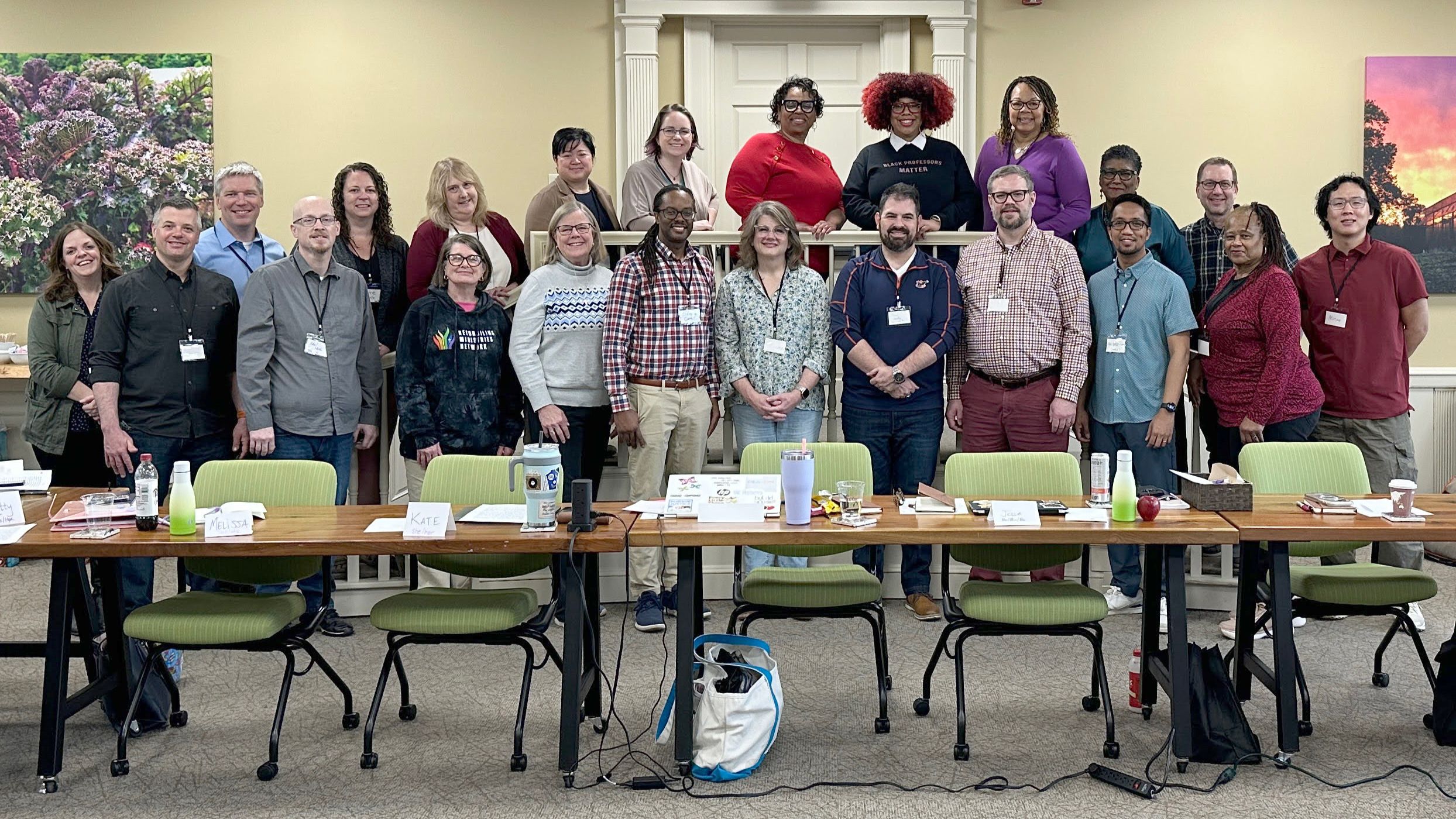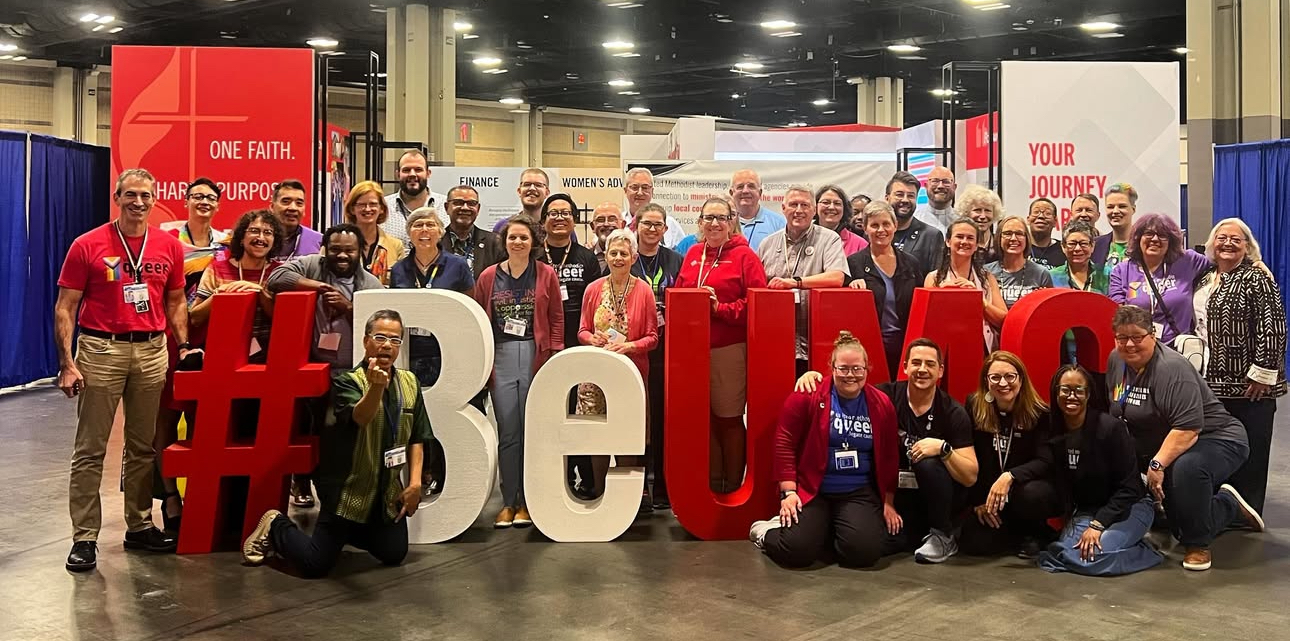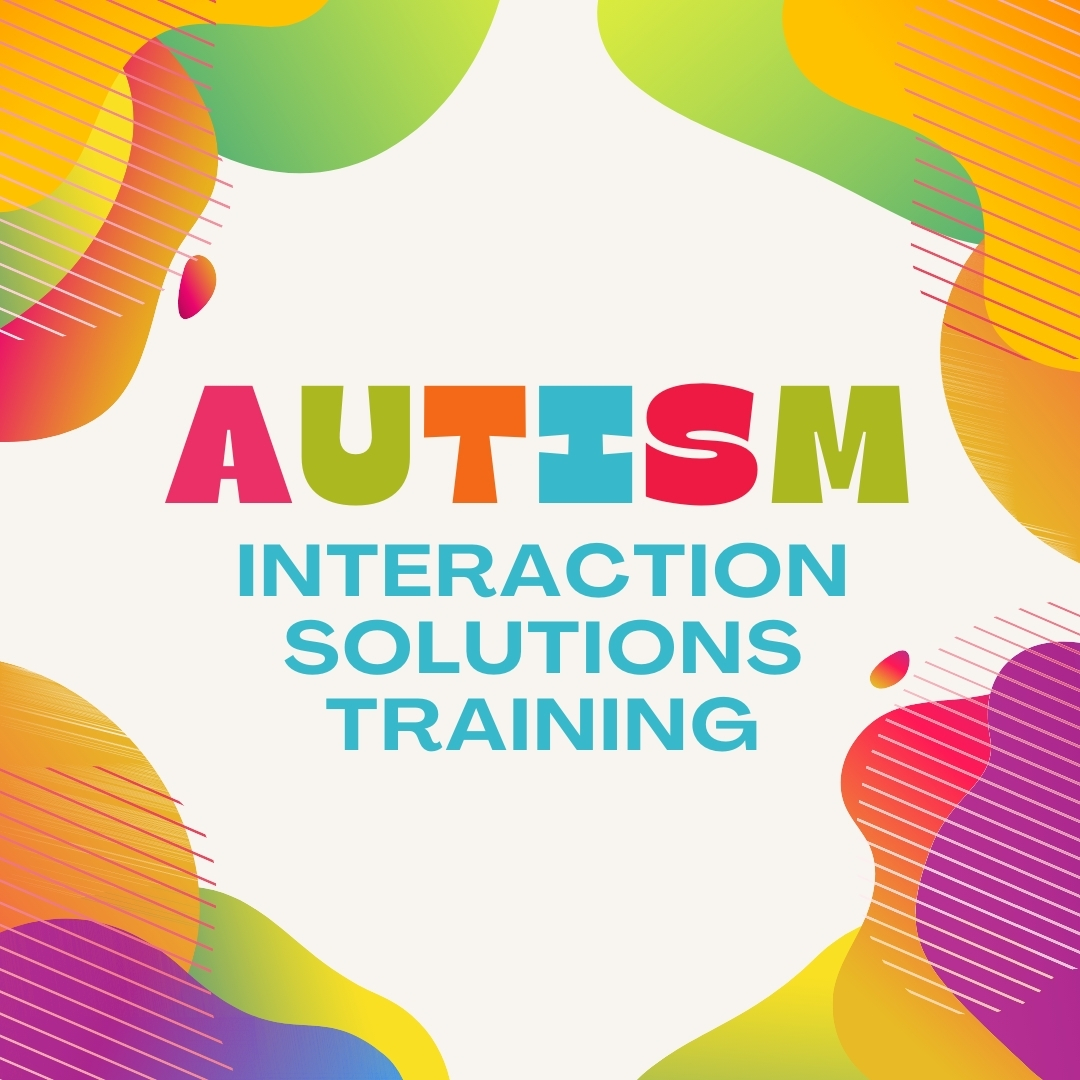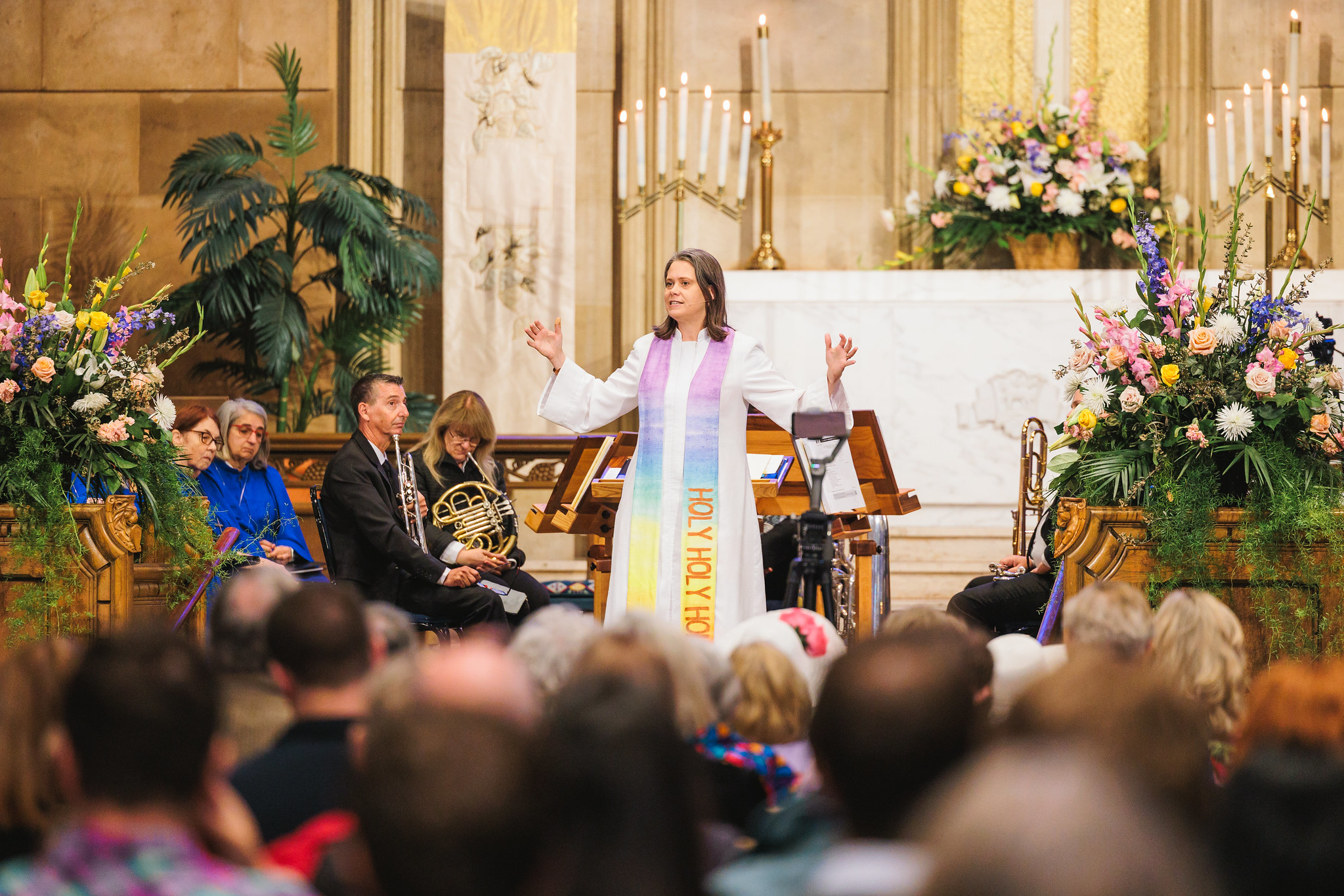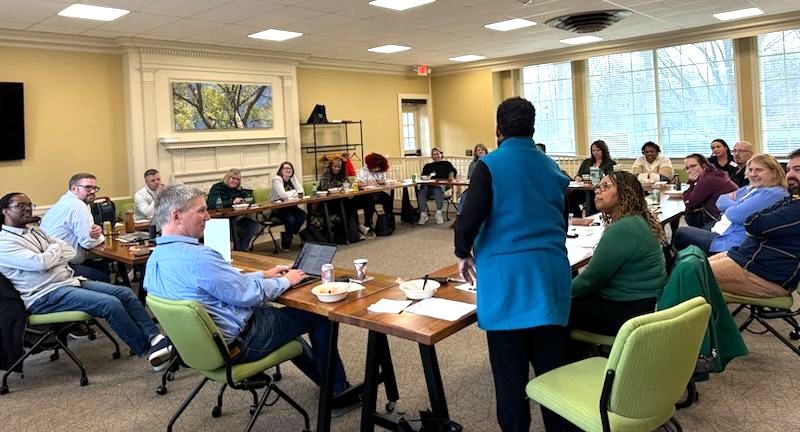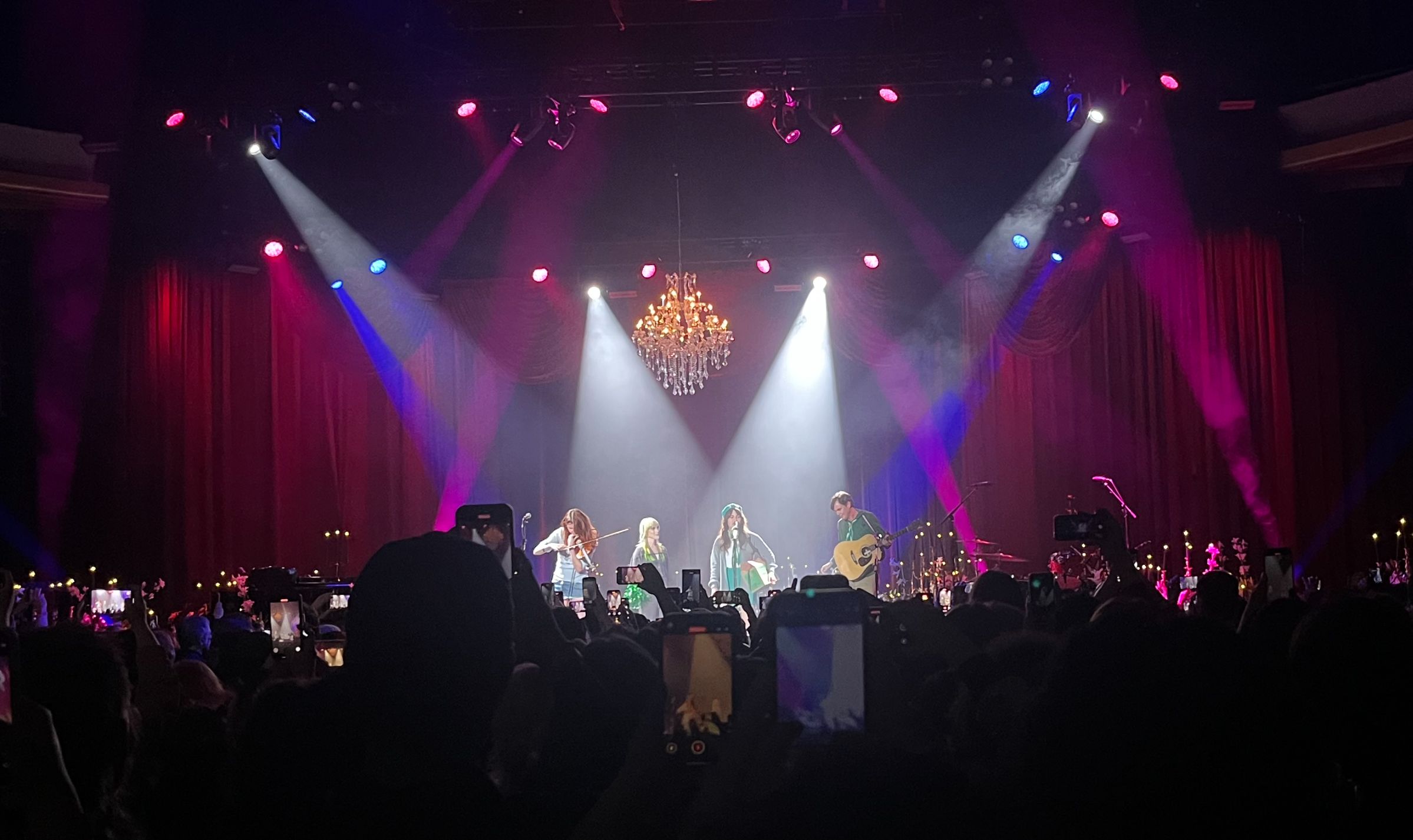Greetings Westwood UMC Family,
I pray this message finds you all doing well and that the new year has gotten off to a good start. As I am sure you are aware, today is a National Holiday, a day when we celebrate the life and legacy of Martin Luther King Jr. While I was familiar with the famous speeches and the importance of MLK before going to seminary, it was at Claremont School of Theology that I learned just how radical he was and how his work transcended the American Civil Rights Movement. If you are American or grew up in America, you likely learned a sanitized version of King’s legacy, a version that dismissed the radical nature of his work. In writing this note, I aim to help you learn, as I have, from King’s legacy in his own words.
The San Diego Union-Tribune recently interviewed me about the importance of King’s legacy for our current social and political moment. In the article, Dr. Lerone Martin and I mention several speeches and essays that people should read to get a fuller picture of who King was and who he was becoming.
King’s Letter From A Birmingham Jail is incisive in his critique of policing, police brutality, and white moderates, which he argued preferred their vision of social order over the rights of Black people. It’s important to note that King’s letter was written in response to a letter he received from seven Alabama clergymen and one Rabbi critiquing his nonviolent resistance tactics. The linked article includes both the mostly unknown letter to King critiquing non-violent resistance and his more well-known response.
In his speech “Our God Is Marching On,” he speaks about the intersection of racism and classism and states that “If it may be said of the slavery era that the white man took the world and gave the Negro Jesus, then it may be said of the Reconstruction era that the southern aristocracy took the world and gave the poor white man Jim Crow.” This speech, given in 1965, a few years before his assassination, revealed the intellectual beginnings of what would eventually become the Poor People’s Campaign.
The last year of his life, 1968, was difficult and lonely for King. Exactly one year before he would be assassinated, he gave what I believe is his greatest speech at Riverside Church in New York, “Beyond Vietnam: A Time To Break The Silence.” In his speech, King argues against the Vietnam War and urges the American leadership to end all bombing, declare a unilateral ceasefire, and withdraw its troops. The connections between King’s arguments against the Vietnam War and the current war between Israel and Hamas are obvious. King’s position on the Vietnam War put him at odds with the majority of other Black civil rights leaders and progressive white people who had supported him. Both the Washington Post and New York Times published editorials criticizing the speech, with the Post noting that King’s speech had “diminished his usefulness to his cause, to his country, and to his people” through a simplistic and flawed view of the situation (“A Tragedy,” 6 April 1967).
If “Our God Is Marching On” revealed to us that King understood that racism and American capitalism were intersectional oppressions experienced by people of color and poor white people, Beyond Vietnam showed us that King recognized that militarism/Western imperialism was a common denominator that linked oppressed peoples around the world. Within America, he began to work more diligently on the Poor People’s Campaign and their planned March on Washington for Jobs and Freedom. He began to speak more directly about the need for reparations for the descendants of enslaved Africans, and his interviews became more combative as a result of these arguments.
King’s life was geared toward creating what he often referred to as the Beloved Community. His vision for what this community would look like was persuasive, if not unsettling, for those of us who occupy positions of privilege and power. In my anti-racism and anti-bias consulting work, my colleague Dr. Seth Scoen and I use King’s vision of a Beloved Community as the framework for what a radically compassionate and anti-oppressive society would look like. For King, the Beloved Community was not a utopian goal to be confused with the rapturous image of the Peaceable Kingdom, in which lions and lambs coexist in idyllic harmony. Rather, the Beloved Community is a realistic, achievable goal that can be attained by a critical mass of people committed to and trained in what we refer to as a spiritual path of radical compassion.
Accepting King’s invitation into the beloved community means holding ourselves accountable to doing the work in the present of building a future in which all people can share in our planet’s abundant resources. The beloved community is where poverty, hunger, and homelessness are unacceptable outcomes that spur change because we live in solidarity with one another, and we know in our bones that the suffering of others is our own. Our compassion for them moves us to do what we can to help alleviate it. As members of the beloved community, our tables are open to all who would sit. Racism and all forms of discrimination, bigotry, and prejudice will be replaced by an inclusive spirit where the plurality of human experience will be recognized as fully human. In the beloved community, love and trust triumph over fear and hatred; peace with justice prevails over war and military conflict because we will have de-linked from oppressive hierarchical values that have placed a “certain kind of human” as the pinnacle of Creation. In place of this “default human,” we will have developed an understanding of the human person rooted in love, solidarity, and interdependent flourishing.
To be sure, the beloved community is not devoid of interpersonal, group, or international conflict. As people of faith who believe in the power of sin as a failure to love, we recognize that conflict is an inevitable part of human experience. However, we also believe that conflicts can be resolved peacefully and adversaries can be reconciled through a mutual, determined commitment to nonviolence and restorative acts of compassion. All conflicts in the beloved community should end with the reconciliation of adversaries cooperating together in a spirit of radical compassion.
May we all learn from the amazing work of Rev. Dr. Martin Luther King Jr. and commit ourselves to creating Beloved Communities.
In Love & Solidarity,
Rev. Dr. Christopher Carter


